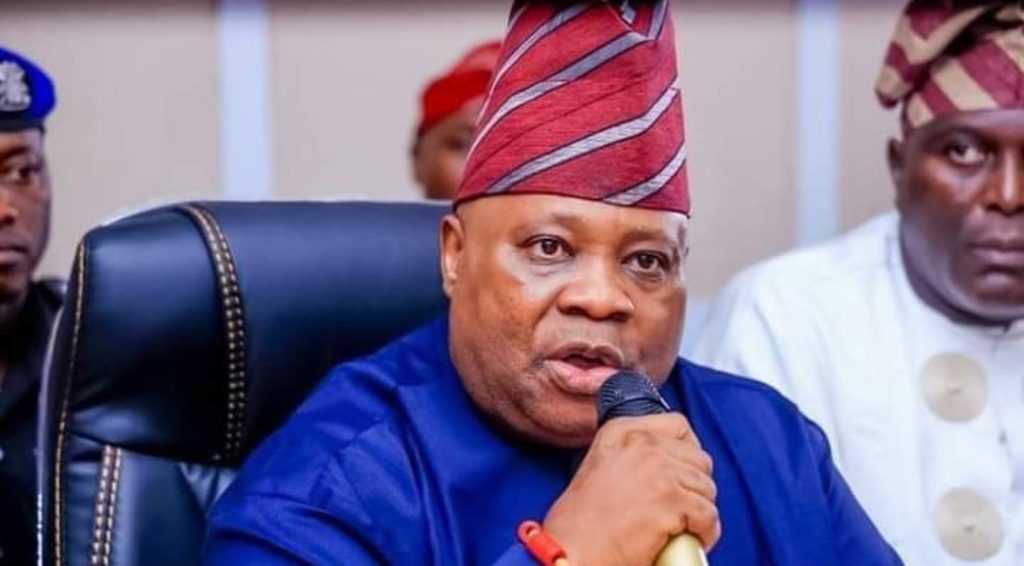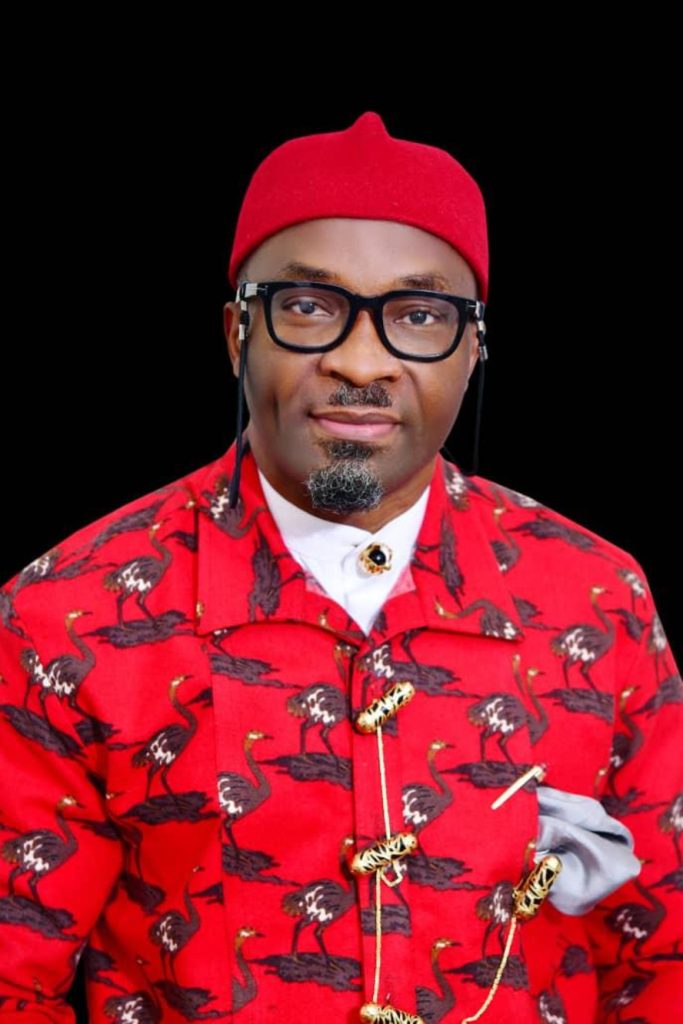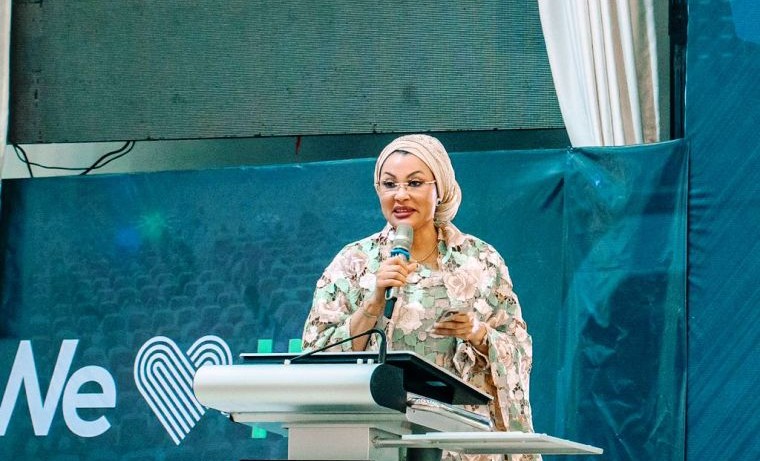The political landscape in Kebbi State, Nigeria, has drawn sharp scrutiny following recent remarks by the state chairman of the All Progressives Congress (APC), Abubakar Kana, who downplayed the influence of the opposition African Democratic Congress (ADC). Speaking at a public event in Kaoje town, Bagudu Local Government Area, Kana dismissed the ADC’s presence as marginal, attributing its visibility to “immature youths” he claimed were propping up the party. His comments, made during the launch of a fertilizer and farm input distribution program by Bagudu/Suru Federal Constituency representative Muhammadu Kaoje, have sparked debates about political dynamics in the northwestern state.
Addressing attendees, Kana argued that the ADC lacks meaningful political traction in Kebbi, a region where the APC holds significant sway. “Only a handful of inexperienced young people are amplifying the ADC’s presence,” he stated, questioning the party’s capacity to compete electorally. While Nigeria’s youth have increasingly shaped political discourse in recent years, Kana’s characterization of ADC supporters as “immature” drew attention to generational divides in the state’s governance.
However, the chairman reserved pointed criticism for his own party members. He accused certain APC officials in critical government roles of abandoning their constituents by relocating to the state capital, Birnin Kebbi, rather than engaging with local communities. “These representatives are evading their responsibilities to voters who elected them,” he asserted, highlighting concerns over accountability. Kana warned that persistent neglect could prompt the party to recommend their removal from office—an unusual public rebuke signaling internal tensions.
The event itself focused on agricultural support, a key issue in Kebbi, where farming drives the rural economy. Kana’s decision to intertwine political messaging with the distribution of farming resources underscored the interplay of governance and grassroots needs. Observers note his remarks may reflect broader anxieties within the APC ahead of future elections, as opposition parties like the ADC seek to capitalize on voter dissatisfaction.
While Kebbi remains an APC stronghold, Kana’s dual critique—of both rival parties and his own colleagues—suggests efforts to shore up unity ahead of electoral challenges. For now, the ADC’s leadership has not publicly responded to the remarks, but the exchange underscores the competitive undercurrents shaping Nigerian politics at the state level.



